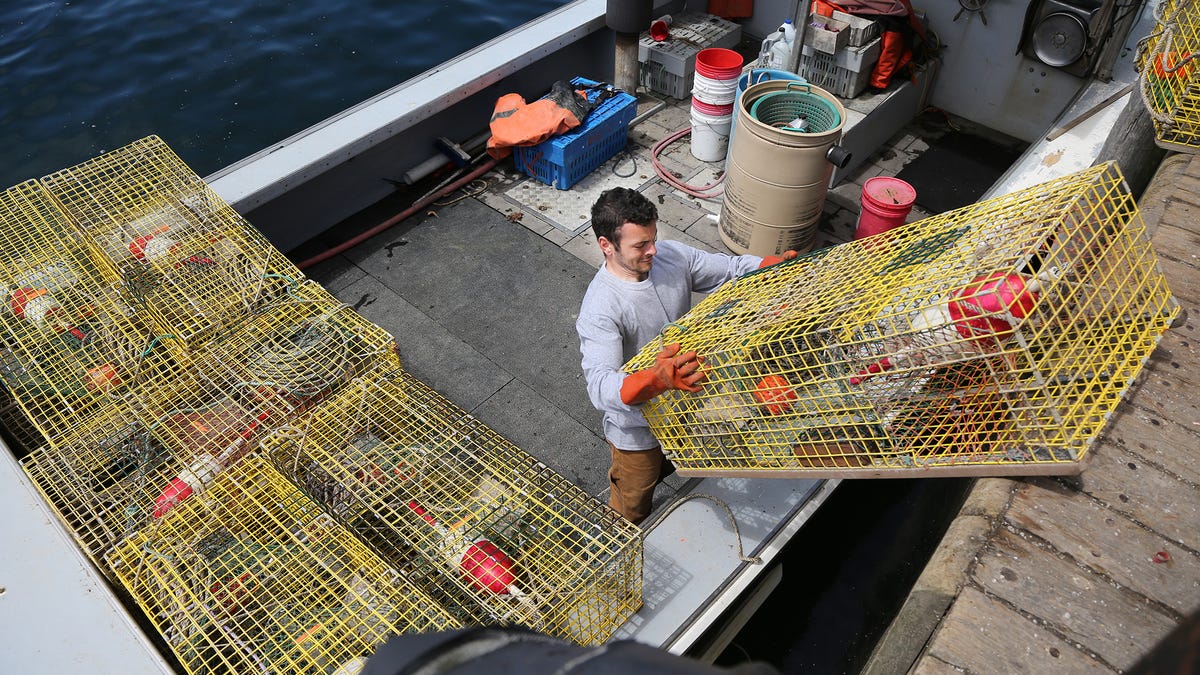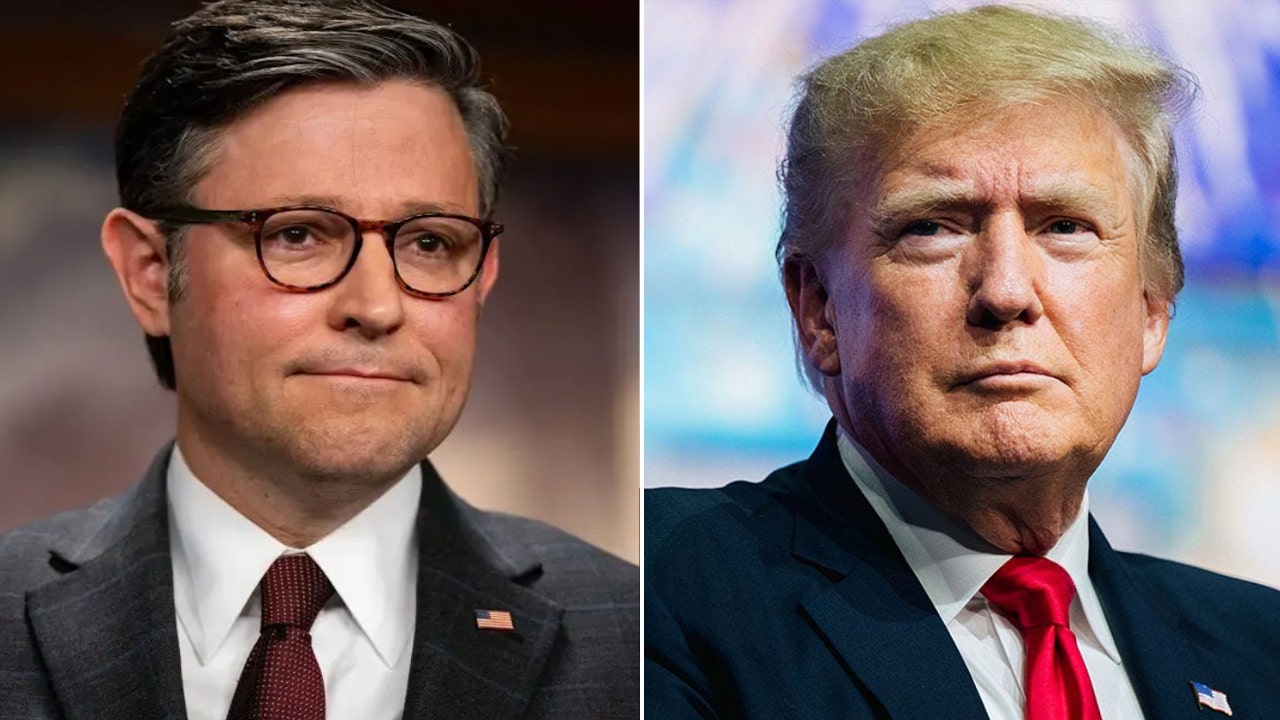World
Tourist dies after attack near Germany’s Neuschwanstein Castle – broadcaster BR
/cloudfront-us-east-2.images.arcpublishing.com/reuters/BHTR4HOQBRKUNAMEKLDBETJYQY.jpg)
BERLIN, June 15 (Reuters) – One of two female tourists attacked by a man near Neuschwanstein Castle in southern Germany has died, local media reported on Thursday citing state prosecutors.
A 21-year-old woman died in a hospital overnight, while her 22-year-old companion was still in hospital with serious injuries, the BR public broadcaster reported, citing a spokesperson for state prosecutors in Kempten.
A suspect has been arrested, BR quoted the spokesperson as saying. State prosecutors did not immediately reply to a request for comment.
BR cited prosecutors as saying that the women ran into a man on a bridge with a view of the world-famous castle and that he led them onto a trail.
BR reported that a scuffle ensued after the man sexually assaulted the 21-year-old. When the 22-year-old intervened, the man strangled her and threw her 50 metres into a ravine below, the report said.
He then strangled the 21-year-old and pushed her in as well, BR reported.
The suspect was caught after a massive police operation involving 25 emergency vehicles on Wednesday afternoon and taken to a police station in nearby Fuessen, it added.
Writing by Miranda Murray;
Editing by Madeline Chambers and Conor Humphries
Our Standards: The Thomson Reuters Trust Principles.

World
Blake Lively and Justin Baldoni get March 2026 trial date for her 'It Ends With Us' lawsuit
NEW YORK (AP) — A New York judge set a March 2026 trial date on Monday and moved an initial conference from mid-February to next week as the public feud between Blake Lively and her “It Ends With Us” costar and director Justin Baldoni continued to grow and accelerate.
And in a new and separate front in the series of legal battles surrounding the film that became a surprise hit last summer, Lively in a Texas court filed a request for a deposition of a man she says was central to turning online sentiment against her during its release and promotion.
The New York federal judge, Lewis J. Liman, told both sides in an order late Monday to prepare for a March 9, 2026, trial.
He also moved an initial conference from mid-February to next week and told lawyers to be prepared to address complaints about pretrial publicity and attorney conduct.
Liman took the actions after Lively’s lawyers claimed in a filing on Monday that an attorney for Baldoni was trying to taint potential jurors over lawsuits the actors have filed against each other.
The lawyers said Baldoni’s attorney was trying to wreck Lively’s career and turn potential New York jurors against her by creating a website to release selected documents and communications between Lively and Baldoni.
The lawyers said attorney Bryan Freedman, representing Baldoni, was “engaging in this extrajudicial campaign to influence these proceedings and the public perception of legal filings to this Court, and there already is a serious risk that his misconduct is tainting the jury pool.”
They added: “The endless stream of defamatory and extrajudicial media statements must end.”
Freedman said in a statement in response to Monday’s assertions that the “irony is not lost on anyone that Ms. Lively is so petrified of the truth that she has moved to gag it.”
“We will always respect the court; however, we will never be bullied by those suggesting we cannot defend our clients with pure, unedited facts,” the lawyer said. “All we want is for people to see the actual text messages that directly contradict her allegations, video footage that clearly shows there was no sexual harassment and all the other powerful evidence that directly contradicts any false allegations.”
In a letter to the judge on Thursday, Baldoni attorney Kevin Fritz accused Lively of a publicity campaign that left Baldoni and other defendants the “objects of public scorn and contempt.”
He said the actions had damaged those she sued so that they were “exiled from polite society and suffered damages totaling hundreds of millions of dollars due to Ms. Lively’s scorched-earth media campaign.”
In the separate filing in Hays County, Texas, a precursor to another potential lawsuit, Lively asks for an order for a deposition from Jed Wallace, a crisis management specialist she alleges was behind much of the social media manipulation surrounding the film that turned public sentiment against her through posts on Reddit and TikTok.
Wallace and his Texas-based firm Street Relations were brought on as subcontractors by publicists working with Baldoni and his production company, the filing said.
“He weaponized a digital army around the country, including in New York and Los Angeles, to create, seed, manipulate, and advance disparaging content that appeared to be authentic on social media platforms and internet chat forums,” the filing alleges.
Wallace is identified in Lively’s federal lawsuit, but he is not a defendant.
Freedman, who the filing says is Wallace’s lawyer, did not respond to a request for comment on the issue.
Lively sued Baldoni, his production company and others in New York in late December for sexual harassment and attacks on her reputation and asked for unspecified damages. Baldoni sued earlier this month, accusing Lively and her husband, “Deadpool” actor Ryan Reynolds, of defamation and extortion and seeking at least $400 million in damages.
The judge said Monday that he’ll likely combine the lawsuits for trial.
“It Ends With Us,” an adaptation of Colleen Hoover’s bestselling 2016 novel that begins as a romance but takes a dark turn into domestic violence, was released in August, exceeding box office expectations with a $50 million debut. But the movie’s release was shrouded by speculation over discord between Lively and Baldoni.
Lively came to fame through the 2005 film “The Sisterhood of the Traveling Pants,” and bolstered her stardom on the TV series “Gossip Girl” from 2007 to 2012. She has since starred in films including “The Town” and “The Shallows.”
Baldoni starred in the TV comedy “Jane the Virgin,” directed the 2019 film “Five Feet Apart” and wrote “Man Enough,” a book pushing back against traditional notions of masculinity.
___
AP Entertainment Writer Andrew Dalton reported from Los Angeles.
World
EU military chief says it would make sense to put European troops in Greenland, Welt reports

The top European Union military official, Robert Brieger, said it would make sense to station troops from EU countries in Greenland, according to an interview with Germany’s Welt am Sonntag published on Saturday, as U.S. President Donald Trump has expressed interest in acquiring the Danish territory.
“In my view, it would make perfect sense not only to station U.S. forces in Greenland, as has been the case to date, but also to consider stationing EU soldiers there in the future,” the chairman of the European Union Military Committee said.
Ultimately, such a step would require a political decision, the Austrian-born general said. The military committee is the highest military office of the European Council, but it serves as a consultative body since the bloc has no dedicated army.
U.S.-led NATO is the main military alliance for the EU.
DANISH LAWMAKER ADDRESSING EU TELLS TRUMP TO ‘F— OFF’ OVER GREENLAND BID
Although Greenland is not part of the EU as an overseas territory of Denmark, Europeans, as well as the U.S. have interests in Greenland, the general added, citing its raw materials and strategic location.
Robert Brieger, chairman of the European Union Military Committee (EUMC), poses for a family photo with other attendees during the informal EU ministerial meeting on defence in Toledo, Spain on August 30, 2023. (REUTERS/Isabel Infantes/File Photo)
“However, with increasing ice melt as a result of climate change, this also creates a certain potential for tension with Russia and possibly China,” he said.
Trump has expressed an interest in making Greenland, an autonomous territory of Denmark, part of the United States. He has not ruled out using military or economic power to persuade Denmark to hand it over.
Greenland’s strategic location along the shortest route from Europe to North America, vital for the U.S. ballistic missile warning system, has made it a priority for Trump.
Brieger said he hoped that the U.S. as a member of the United Nations would respect the inviolability of borders as stipulated in the U.N. Charter.
World
Serbian university students stage 24-hour blockade in Belgrade

Thousands of citizens joined the blockade that followed weeks of protests demanding accountability of the deadly accident in the northern city of Novi Sad that critics have blamed on rampant government corruption.
Striking university students in Serbia’s have launched a 24-hour blockade of a key traffic intersection in the capital, Belgrade, stepping up pressure on the populist authorities over a deadly canopy collapse in November that killed 15 people.
A campaign of street demonstrations has posed the biggest challenge in years to the populist government’s firm grip on power in Serbia.
Serbia’s President Aleksandar Vučić at a joint press conference on Monday with Prime Minister Miloš Vučević and Parliament Speaker Ana Brnabić, urged dialogue with the students, saying that “we need to lower the tensions and start talking to each other.”
Students in the past have refused to meet with Vučić, saying the president is not entitled by the constitution to hold talks with them.
“Any kind of a crisis poses a serious problem for our economy,” said Vučić. “Such a situation in society is not good for anyone.”
Vučić has faced accusations of curbing democratic freedoms despite formally seeking European Union membership for Serbia. He has accused the students of working for unspecified foreign powers to oust the government.
Vučić has, however, said he is willing to pardon those who want to avoid criminal prosecution.
Commenting on the demands, which include the dismissal of charges against those arrested and detained during protests, Vučić said: “We waited for the prosecutor’s office to dismiss some of the criminal charges, as there is reasonable suspicion they committed crimes. If there is no other solution, I am ready to sign a pardon for those who want it, in accordance with the law. I will do this by Wednesday at the latest.”
In a public address from the Palace of Serbia, the president said that public prosecutors’ offices have initiated criminal proceedings against 37 people for attacks on students and professors, noting that this fulfils the students’ second demand.
In addition, Vučić said that all documents related to the recent reconstruction of the Novi Sad main train station have been released.
Several incidents have marked the street demonstrations in the past weeks, including drivers ramming into the crowds, when two young women were injured.
Traffic police on Monday secured the student blockade to help avoid any similar incidents. Protesting students set up tents at the protest site, which is a key artery for the city commuters and toward the main north-south motorway.
Some students played volleyball, others sat down on blankets on the pavement or walked around on a warm day. The students also held a daily 15-minute commemoration silence at 11:52am, the exact same time when the canopy at a train station in Novi Sad crashed down on 1 November.
Many in Serbia believe the huge concrete canopy fell down because of poor reconstruction work that resulted from corruption.
Serbia’s prosecutors have filed charges against 13 people, including a government minister and several state officials. But the former construction minister Goran Vesić has been released from detention, fuelling doubts over the investigation’s independence.
The main railway station in Novi Sad was renovated twice in recent years as part of a wider infrastructure deal with Chinese state companies.
-

 Culture1 week ago
Culture1 week agoAmerican men can’t win Olympic cross-country skiing medals — or can they?
-

 Culture1 week ago
Culture1 week agoBook Review: ‘Somewhere Toward Freedom,’ by Bennett Parten
-

 Education1 week ago
Education1 week agoReport Projecting Drop in Freshman Enrollment Delivered Incorrect Findings
-

 World1 week ago
World1 week ago‘Fields were solitary’: Migration raids send chill across rural California
-

 News1 week ago
News1 week agoWho Are the Millions of Immigrants Trump Wants to Deport?
-

 Politics1 week ago
Politics1 week agoTrump administration planning illegal immigrant arrests throughout US on ‘day one’
-

 Business1 week ago
Business1 week agoOpinion: Biden delivered a new 'Roaring '20s.' Watch Trump try to take the credit.
-

 News6 days ago
News6 days agoJudges Begin Freeing Jan. 6 Defendants After Trump’s Clemency Order

















